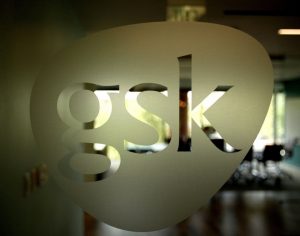GSK and Avalon Ventures have been partnering since April 2013 to incubate a number of biotech firms. The first of these, Sitari, has been so successful that GSK has decided to purchase the company outright.
Sitari is one of eight biotech startups incubated by GSK and Avalon with total seed funding of $495 million. Other firms birthed by the partnership include Iron Horse Therapeutics, which is seeking treatment for Lou Gherig’s disease; Silarus Therapeutics, focused on iron overload disorders; Adrenergics, which is working on treatments for dilated cardiomyopathy; Thyritope Biosciences, which is currently looking for new treatments of Graves’ disease; and others.
Sitari has built up deep intellectual property, including an in-development inhibitor of the transglutaminase 2 (TG2) enzyme that causes the autoimmune digestive disorder known as celiac disease. In celiac patients, an autoimmune response attacks the enzyme. Inhibiting TG2 could lead to reduced intestinal inflammation, which causes discomfort.
While Sitari isn’t in clinical trials yet, it has initiated pre-clinical testing that has yielded results positive enough to earn GSK’s interest. If Sitari’s work makes it to market, it would have a profound impact on celiac sufferers. Currently, treatment is limited to a restrictive, gluten-free diet. Even if patients are compliant with the strict diet, they may experience painful symptoms and progression of the disease.
Terms of the deal have not been disclosed, but Sitari successfully raised $10 million in Series A funding in 2013. Acquiring the company puts GSK in direct competition with others seeking a viable celiac treatment.
ActoBio Therapeutics had an investigational study application for its AG017 treatment approved by the FDA. Clinical trials could begin this year. Last year, Dr. Falk Pharma and Zedira began a phase 2a trial for their own treatment, ZED1227. According to FierceBiotech, mouse modeling showed that the drug returned TG2 levels to normal.
If GSK is successful, its TG2 inhibitor would be the first approved treatment for celiac disease on the market.























